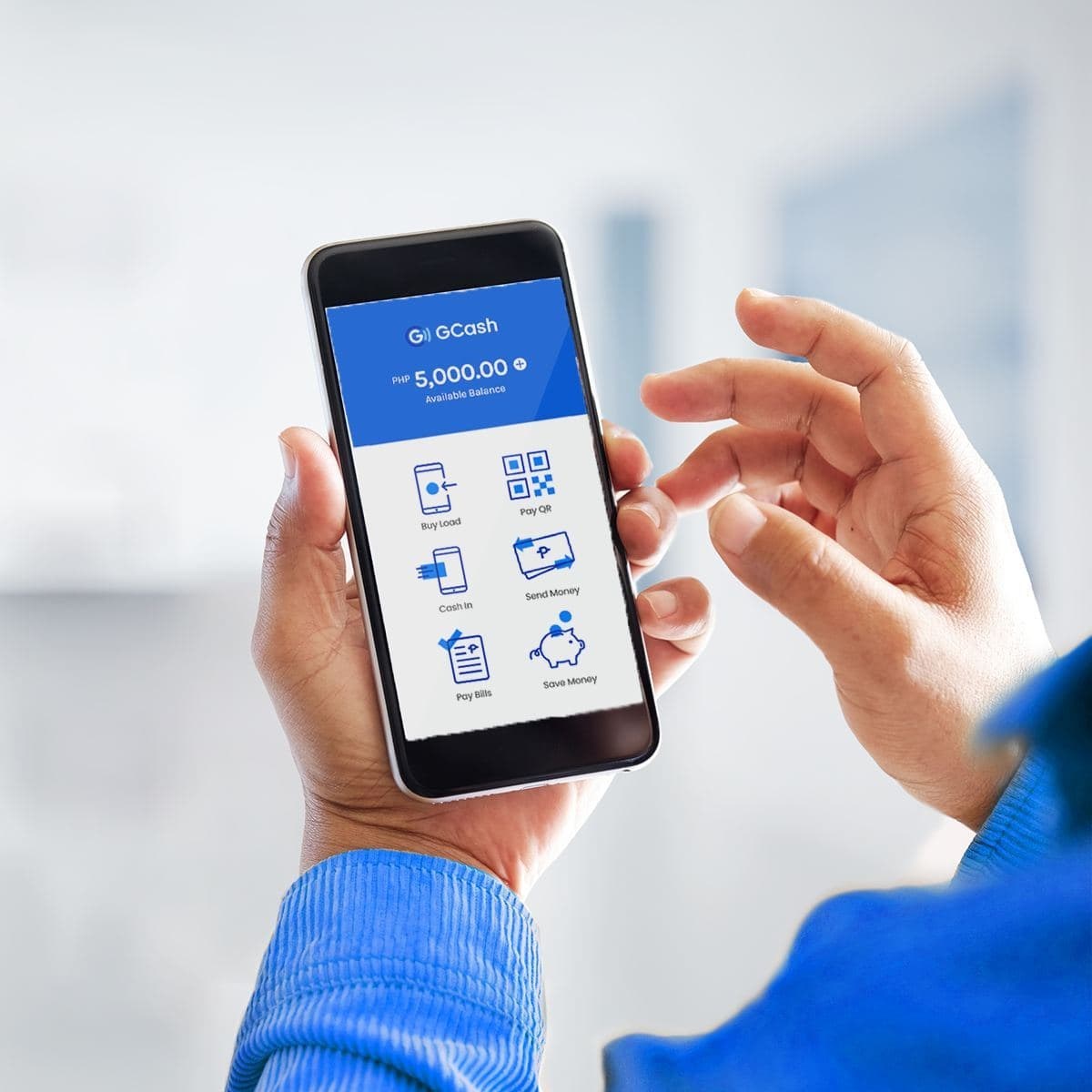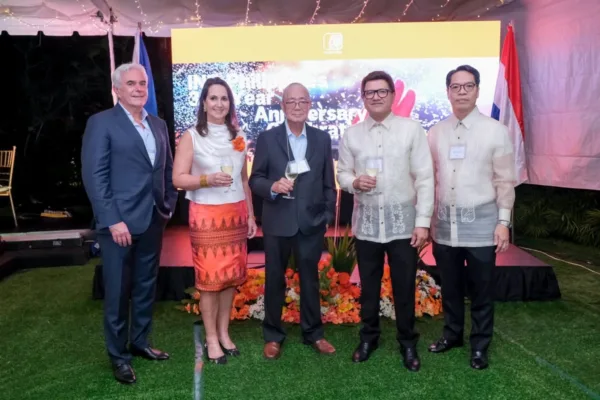Financial intelligence publication PAN Finance recently awarded GCash the title “Best Mobile Wallet for 2024.”

A trusted source of global financial intelligence, PAN Finance currently boasts a readership of over 200,000 across 150 countries. Its ecosystem includes a quarterly magazine (both online and print), special reports, a news website, and various media channels.
PAN Finance featured GCash in its first-quarter 2024 magazine. The same article also highlighted Fuse, a tech-based lending organization offering personal and business loans in addition to GCash.
From financial inclusion to financial advancement
Martha Sazon, President and CEO of GCash, expressed her gratitude for the recognition.
“GCash is appreciative of this acknowledgement. This demonstrates how GCash has helped the Philippines move from financial inclusion to financial advancement,” she stated.
Recognized as a “leader in mobile financial services,” Mynt, the company behind GCash, also reaffirmed its commitment to helping “accelerate financial inclusion through mobile money, financial services, and technology.”
By the end of May 2023, GCash already had 81 million users. The financial platform was valued at over US$2 billion in 2021.
Company of the Year award
Earlier this year, GCash, the Philippines’ top finance app and largest cashless ecosystem, also received the “Company of the Year Award for the Philippines’ Financial Technology Industry” from leading global analysis and growth strategy consulting firm Frost & Sullivan.
This award recognizes GCash’s pioneering use of digital solutions and innovative financial services, along with its strong overall achievement in the fintech space.
Frost & Sullivan highlighted GCash’s deployment of best practices and strategic analytics across a value chain, promoting financial inclusion through a streamlined banking application process.
This digital onboarding system requires consumers to provide personal information such as their mobile number, address, and email address, unlike conventional banks’ processes that demand documents such as proof of billing or income statements.







